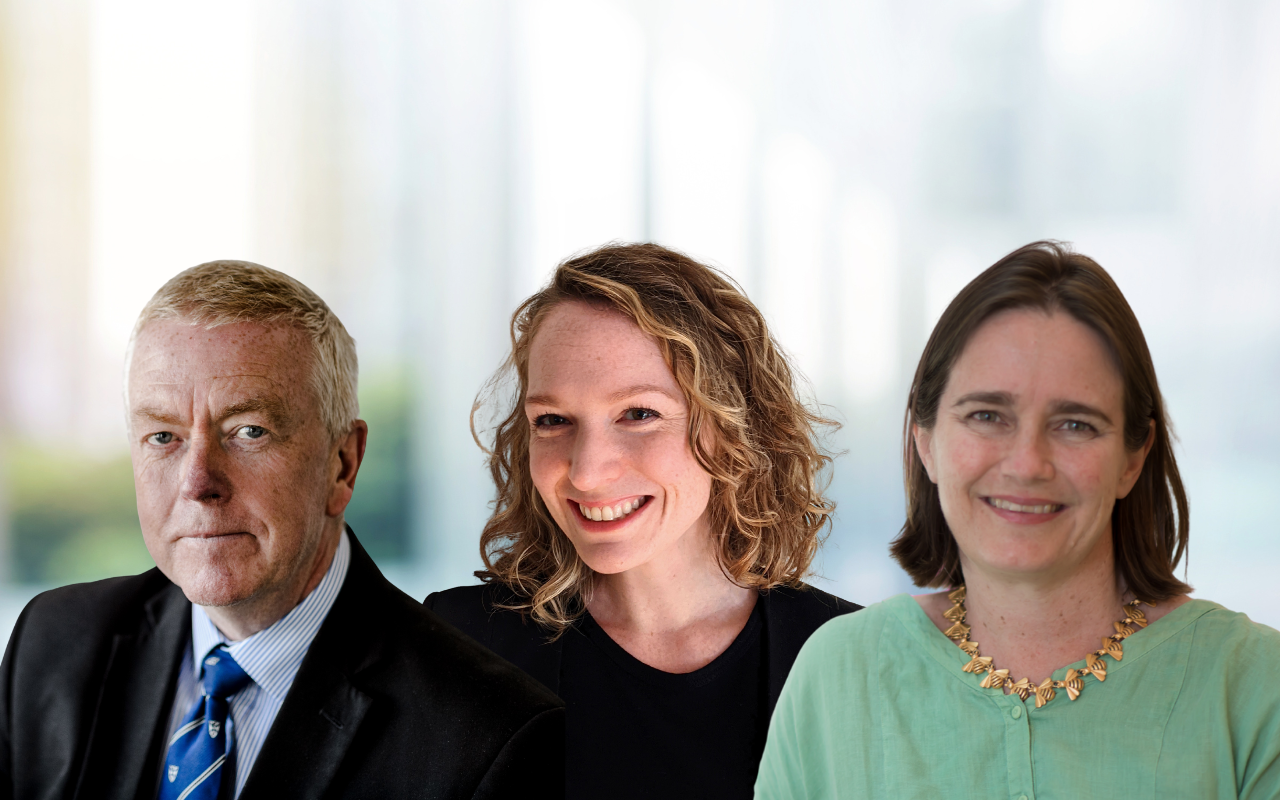Health services research must become a frontline service in Australian health care, to provide prompt solutions to pressing system-wide problems. Chief among these is inadequate access to care, where Australia ranks ninth out of ten countries in a recent report.
Whatever the location in which health care is delivered, frontline clinicians are uniquely placed to characterise and solve facets of this complex problem. Power to do both lies in health services research (HSR), a “multidisciplinary field that studies the delivery, organization, financing, and outcomes of healthcare services, aiming to improve their quality, access, and cost-effectiveness”.
However, it can be difficult to mobilise HSR to the frontline of care. Expertise in HSR is too frequently distant from consumers seeking access to care and the clinicians delivering it. Furthermore, support for rapid proof of concept that HSR can provide solutions is not readily available within the current highly competitive research funding environment.
Our research translation centre partnership has developed a readily transferable, self-funded model to bring the problem-solving power of HSR into frontline clinical services, proving the concept that access to care can be improved through translational research at points of contact between consumers and clinicians.

The MacHSR Future Leader Fellowship scheme
The Melbourne Academic Centre for Health (MACH) has developed the MacHSR (Melbourne Academic Centre HSR) Future Leader Fellowship scheme as a distinctive approach to targeting HSR to help solve frontline health care problems. MACH is one of 12 research translation centres across Australia accredited by the National Health and Medical Research Council (NHMRC), each charged with “promoting health service leadership in research and research translation that addresses priorities directly relevant to health services and the populations the centre serves”. MACH does this by bringing health care consumers together with clinical staff in ten health services serving 2.5 million Victorians and health scientists in two universities and seven medical research institutes.
The MacHSR scheme addresses problems with health care delivery that are prioritised annually by each of MACH’s health service partners and the consumers they serve. MacHSR Fellows are frontline clinicians (doctors including general practitioners, nurses, and allied health practitioners) who are competitively recruited from each health service. So far, 19 Fellows have been trained and supported across two completed cohorts (2022, 2023), and a further 20 Fellows are on course in the 2024 and 2025 cohorts.
Appointees are initially funded by MACH partners, generally from study leave budgets, to undertake formal health services research skills training. Fellows complete, in their own time over six months, the HSR module of the University of Melbourne Master of Public Health. Then, with supervision provided gratis by HSR experts from across MACH, Fellows are granted one day per week release from clinical duties for a year, without detriment to pay, to undertake research and translation.
Fellows seek proof of concept that well designed HSR appropriately involving consumers can address the priority problem. Recent examples include demonstration that implementation of co-designed day surgery protocols can increase care throughput and reduce waiting times for elective surgery; and that natural language processing and machine learning applied to electronic medical records can detect key words in medical notes that identify general medical patients requiring early rehabilitation to shorten the hospital stay after acute admission, increase bed availability and reduce wait times.
MacHSR is self-funded, largely through in-kind contributions from health services and research organisations, at about $50 000 per year per Fellow. The scheme is therefore eminently transferable to other health care settings because external research funding is not required. After 18 months on the program, throughout which they remain integral to frontline care teams, MacHSR Fellows have opportunities to develop as leaders of evidence-based health care transformation, being positioned to secure with HSR experts follow-on funding to complete research co-designed with consumers and the multidisciplinary team; disseminate findings; and implement change across MACH and further afield.
Among the 19 completed MacHSR Fellows, 13 have already achieved follow-on funding from multiple sources. Four completed Fellows are leading projects funded by newly allocated research translation centre support funding competitively provided by NHMRC in response to recommendations made by the Australian Academy of Health and Medical Sciences aimed at embedding research into health care.
To conclude, MACH commends self-funded, collaborative workforce development programs similar to MacHSR as a means to embed health services research as a frontline service in Australian health care. NHMRC-accredited research translation centres are ideally placed to achieve this and thereby improve access to health care.
John Savill is Executive Director of the Melbourne Academic Centre for Health (MACH).
Lauren Wallis is Senior Project Officer of the Melbourne Academic Centre for Health (MACH).
Harriet Hiscock is Honorary Director of MacHSR.
The statements or opinions expressed in this article reflect the views of the authors and do not necessarily represent the official policy of the AMA, the MJA or InSight+ unless so stated.
Subscribe to the free InSight+ weekly newsletter here. It is available to all readers, not just registered medical practitioners.
If you would like to submit an article for consideration, send a Word version to mjainsight-editor@ampco.com.au.

 more_vert
more_vert
It seems to me that the kind of translational research proposed will involve taking research findings and turning them into real-world benefits for primary care physicians, through to clinicians working in major hospitals and other advanced clinical settings. As we all know, translational research often involves multidisciplinary teams, including basic scientists, clinicians, and public health experts, working together to address complex health challenges. Consequently, I am not so sure that frontline clinicians have all the solutions to the issue of ‘access’. Skills are required that draw upon issues about population health, epidemiology, demographics, the social determinants of health, the sociology of medicine. and the fundamentals of financial, capital and human resources management, to name just a few.
The above said, improving access to healthcare merely to increase patient ‘throughput’ or to reduce waiting lists for elective surgery for instance, may not always work. Improved access has potential drawbacks that include increased demand potentially leading to longer wait times, more strain on resources, and the potential for over-treatment. Further, if access is expanded it can lead to the kind of overutilization that could compromise the quality of care for everyone. Indeed, expanding access may exacerbate existing shortages of healthcare professionals, particularly in rural or underserved areas; Even with improved access, health disparities can persist if other factors, such as socioeconomic status, geographic location, and cultural background, are not addressed. Of course, while these are potential negatives, they do not negate the overall benefits of improved access to healthcare. The key is to implement strategies that mitigate these potential drawbacks while expanding access to care.
One would hope that a flow-on the health services research (HSR) proposed by the authors would be the identification of the differences and/or gaps in the quality of health and healthcare across populations (e.g. urban, rural, ethnic, et cetera). Only then will a true picture emerge of the concept of ‘access’ as it is applied to healthcare and as it is identified by the World Health Organization.
Stephen Young BHA MHSc MPH MIntlPH